Running an AC in winter might seem like madness, but there’s a logical explanation.
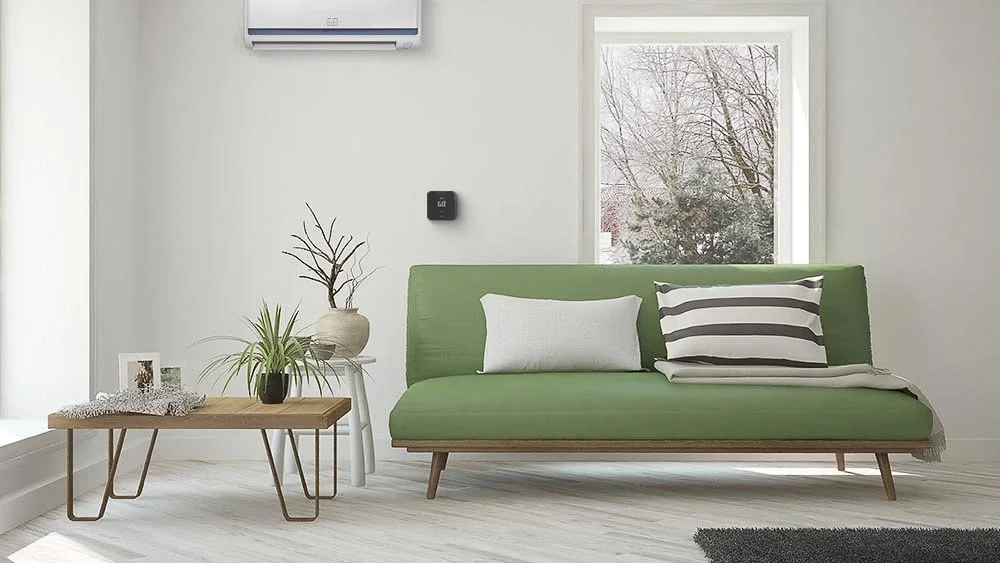
Key Takeaways
- Heat pumps provide both heating and cooling and can be used in winter.
- Running AC in cold weather below 60°F risks compressor damage, freezing coils, and refrigerant issues.
- If your home feels stuffy in winter, using your AC in fan mode can improve airflow without cooling the space.
While summer is traditionally considered the season to use air conditioning, there are some instances where you can run your unit in the winter as well. For instance, you may want to work on AC repairs and make sure everything is fine before the summer season. Or, if your place is getting a little stuffy, you may want to run the AC in fan mode. There are also units like heat pumps that work in both summer and winter. When running a heat pump in the winter, the unit reverses its function and produces warm air, saving you the cost of getting a separate heating system.
This blog has compiled a list of frequently asked questions regarding running air conditioners in winter. This includes the very pressing issues of what temperature is too cold for your AC, whether running your AC in winter will damage it, and what precautionary measures to take when running an AC in winter.
Can You Run AC in Winter?
Here are some scenarios where it makes sense to run your AC in winter:
-
Your Home Feels Stuffy
If your home feels stuffy and uncomfortable because of heating, you can use your air conditioner in fan mode to improve airflow and make the space more comfortable. However, this should only be done in moderate weather conditions, as running an AC in cold temperatures could cause serious damage.
-
You Have a Heat Pump
In the case of a ducted heat pump or a ductless mini-split heat pump, it makes sense to use it all year round. It provides both heating and cooling.
In the winter months, a heat pump extracts heat from the outdoors and transfers it to the indoors. A little device known as a reversing valve is used in heat pumps to reverse the mode from cool to heat. Reversible air conditioners are a nifty invention and are ideal for anyone who wants a unit that cools in the summer while doing the opposite for winter.
Related: Heat Pump vs. AC: Which One Is the Ideal Fit for Your Home?
-
To Prevent Frozen Pipes
Freeze protection is a super helpful mode found in some mini-split heat pumps. This mode is also known as minimum heat, low heat, or 8C, depending on your air conditioner. It is useful for places that experience extreme cold in the winter. The unit runs at a low power setting where warm air is continuously introduced. This prevents the room temperature from falling below freezing or reaching near freezing.
This mode helps keep sensitive electronic equipment, water pipes, or paintings safe at a very low operational cost. You can pair your unit with a smart mini-split thermostat to control this mode from your phone. This can especially come in handy when your unit is installed in places such as vacation rentals.
Your best choice to make any mini-split, window,
or portable AC smart. Enhance your comfort and savings.
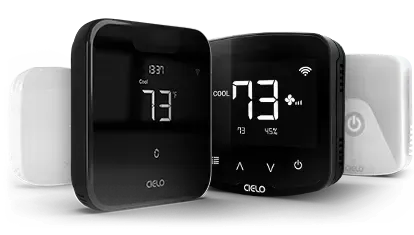
-
For Maintenance & Repairs
Winter can be a good time to run the AC to check for any potential issues, perform maintenance, or carry out necessary repairs. Running the system in off-season conditions helps ensure that everything is functioning properly, allowing you to prevent unexpected breakdowns before the heavy usage of the summer months.
What Outside Temperature Is Too Cold to Operate Your Air Conditioners?
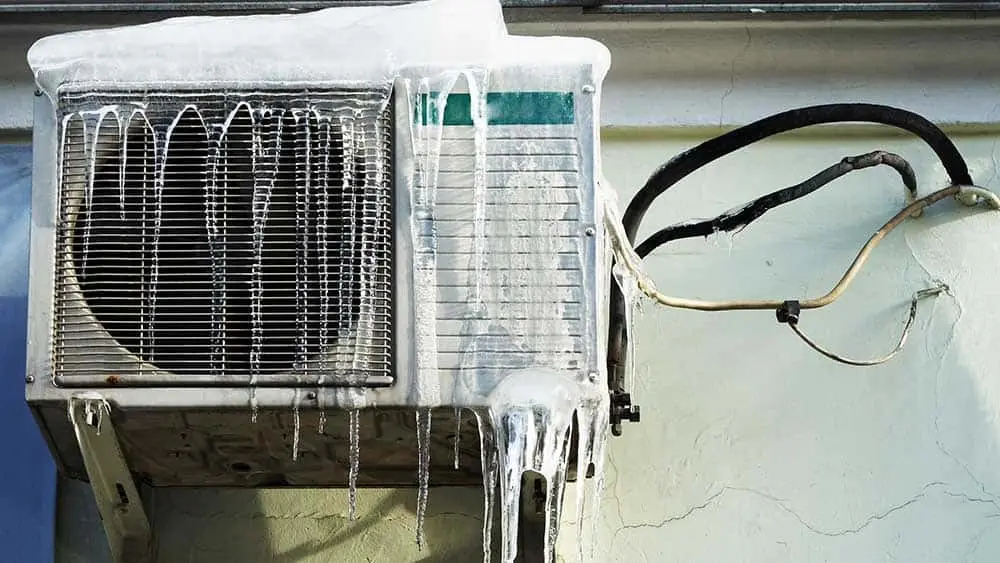
Like other home appliances, ACs have a minimum operating temperature below which they will not work as intended.
Most manufacturers don’t recommend using AC when the outdoor temperature falls below 60F. Running the AC under 60F will make the refrigerant behave differently, and the air conditioner will not work as intended. If you need to test your HVAC unit, wait until the outdoor temperature is around 60F for at least a few days to ensure there is no ice around the condenser.
What Temperature to Set Air Conditioner in Winter?
When operating your air conditioner in heat mode, set your thermostat between 68F and 70F. Keeping your home cooler slows heat loss and reduces energy consumption, helping you save on utility bills. If this feels too cold, try easing into lower temperatures gradually to allow your body time to adjust.
Related: The Ideal Room Temperature for Every Situation & 7 Ways to Maintain It!
Is It Bad to Run AC in Winter?
If you’re wondering whether you can run your AC in the winter, the answer is not as simple as a yes or no. Many factors are at play, and your AC running in winter is not without risks. With moderately cold temperatures, an air conditioner is perfectly acceptable to run in any mode whatsoever. However, when running the AC under 60F, there are certain risks to your air conditioner.
-
Loss of Lubrication
Compressors are an integral part of the air conditioner and need to be in perfect shape to run as desired. Lubricants help the compressor run smoothly and work without any fault. However, this lubricant can thicken in the winter and not perform as expected. Without proper lubrication, the compressor is prone to damage and seizure.
-
AC Breakdown Due to Overriding Temperature Sensor
Most modern air conditioners have a low ambient temperature sensor to prevent air conditioner operation during extreme cold. If you try to circumvent this sensor and turn your air conditioner on despite the low temperature, it can result in costly damage to the unit.
-
Overheating Compressor
As with any mechanical device, a compressor heats up the more it is used. A compressor would need to work overtime to keep the interior warm during extreme cold. This overworking can lead to it getting overheated. Using the air conditioner below the minimum specified temperature can irreversibly damage it or, become a cause for significant AC repairs.
-
Freezing of Coils
While an air conditioner is in use, you may observe water dripping from the outdoor unit. This dripping liquid is condensation from the outdoor copper coils. In the winter months, this condensed water can accumulate and freeze over the coils. To prevent this, run your unit in fan mode and allow the ice to thaw. You can make the process faster by pointing a hairdryer or hot air blower at fans and vents. Here’s everything you need to know about your AC freezing up
Related: A DIY Guide to Cleaning Your AC Coils
Guidelines to Follow When Using AC in Winter
By following some key practices, you can ensure that your air conditioning system remains in optimal condition throughout the colder months and is ready for efficient use when the weather warms up again. These simple rules not only help protect your system but also extend its lifespan, keeping your energy costs down.
- Regularly Check for Ice Buildup – Cold weather can cause frost to accumulate on the outdoor coils, resulting in severe damage. When running the AC in winter, check regularly for any signs of ice buildup. If you notice the buildup, turn off the unit immediately and allow it to defrost.
- Don’t Use Your AC Below Recommended Temperature – Always refer to your unit’s manual to check the minimum operating temperature, which is typically around 60F. Using the AC below this temperature can disrupt the refrigerant flow, causing the coils to freeze and potentially damaging the system.
- Ensure Regular Maintenance – It is essential to keep your air conditioner in top shape. Schedule an AC tune-up before the colder months to ensure all parts are functioning correctly. This allows you to address any potential problems early and ensures your unit is ready to handle temperature changes. Some DIY tasks that you can do involve replacing or cleaning air filters for optimal airflow and clearing leaves and debris around the outdoor unit for unobstructed airflow.
Final Thoughts
You can run your AC in winter in case of a reversible unit since you can use it as a heater. But even with a non-reversible air conditioner, you can get a whiff of fresh air in a stuffy room. When running your AC in winter, adhering to your air conditioner’s minimum outside temperature limits is vital for preserving its efficiency and lifespan during colder months. To avoid damage, refrain from using the unit in freezing conditions, watch for any frost accumulation, and keep up with regular maintenance.
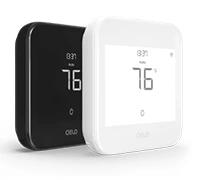
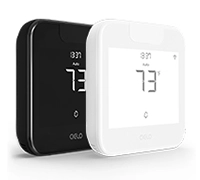
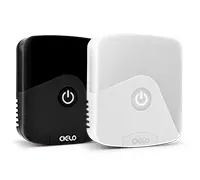
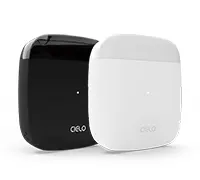
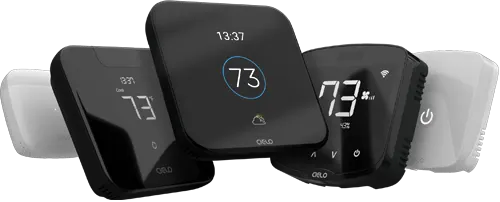

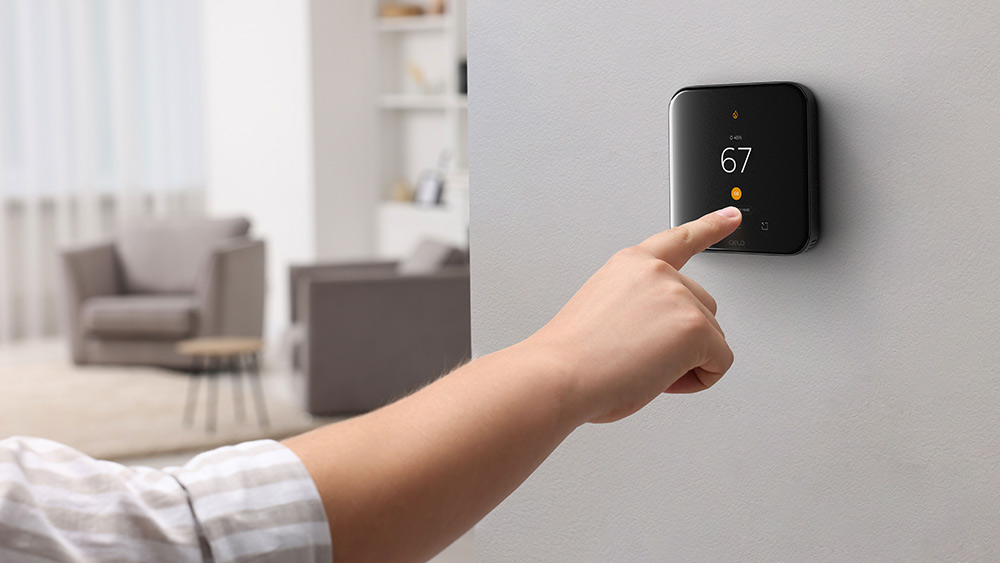
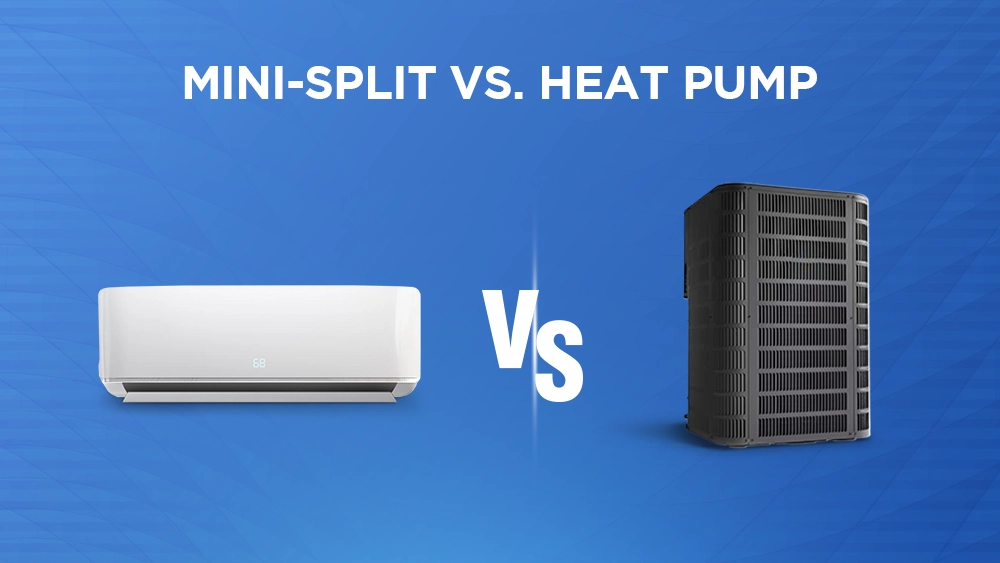

Leave a Reply